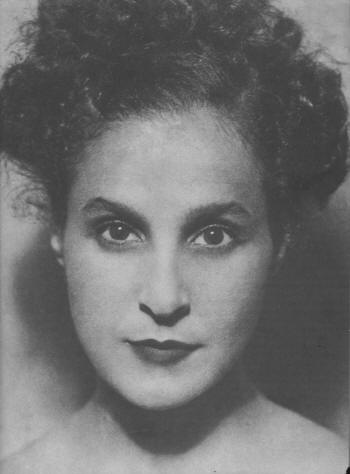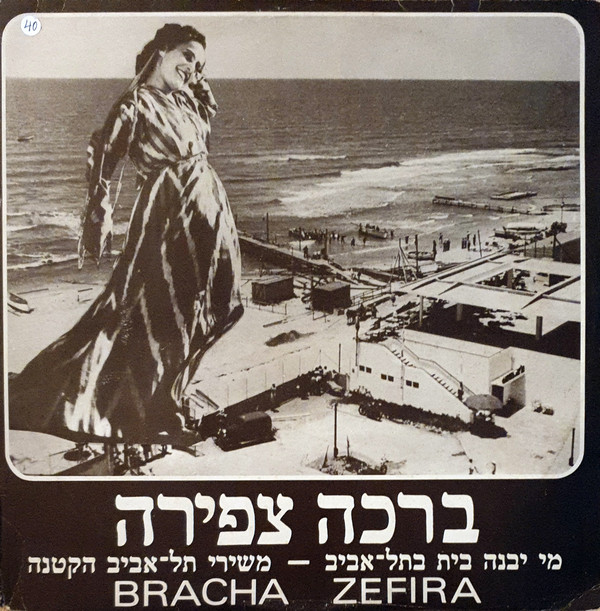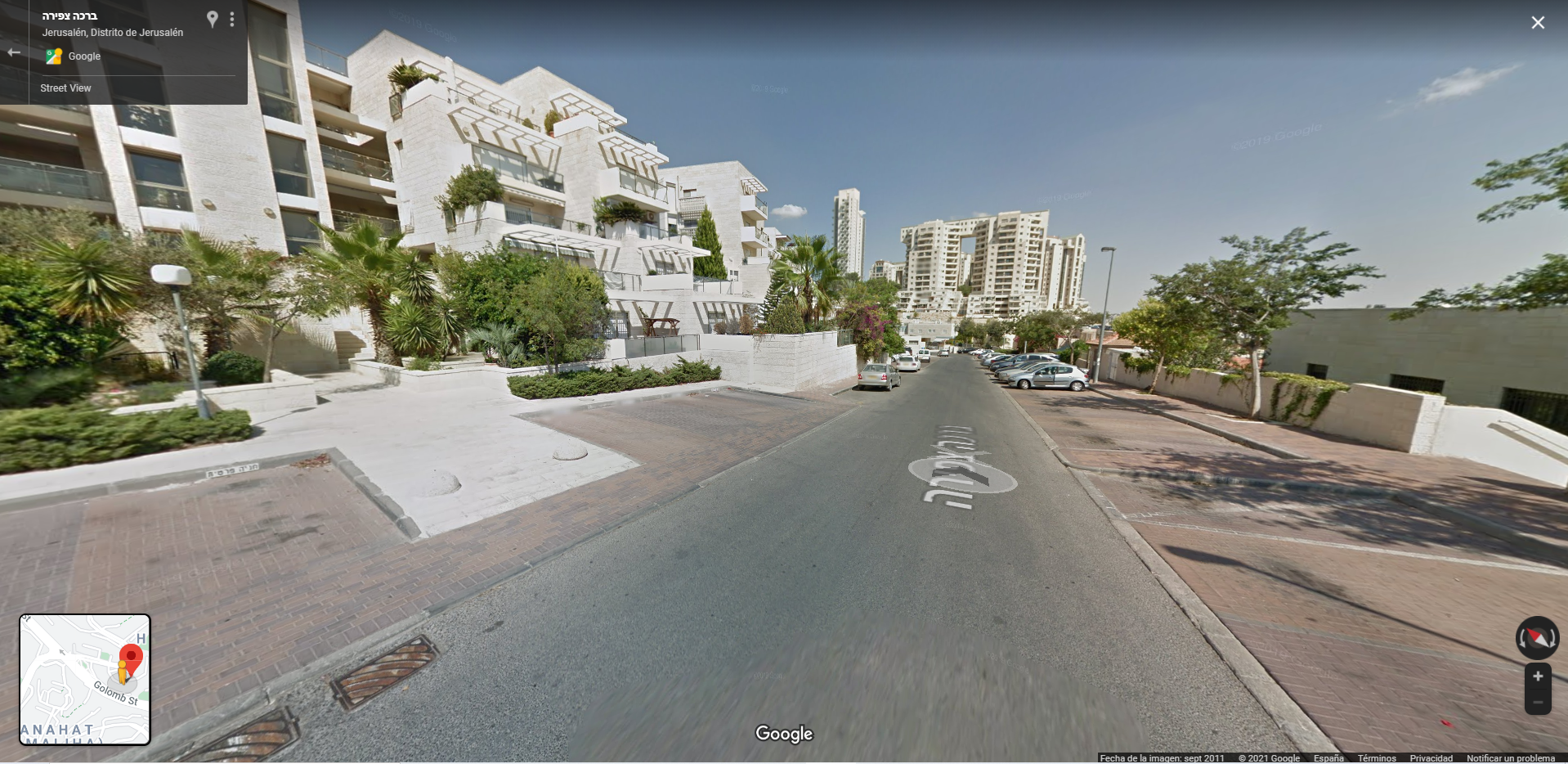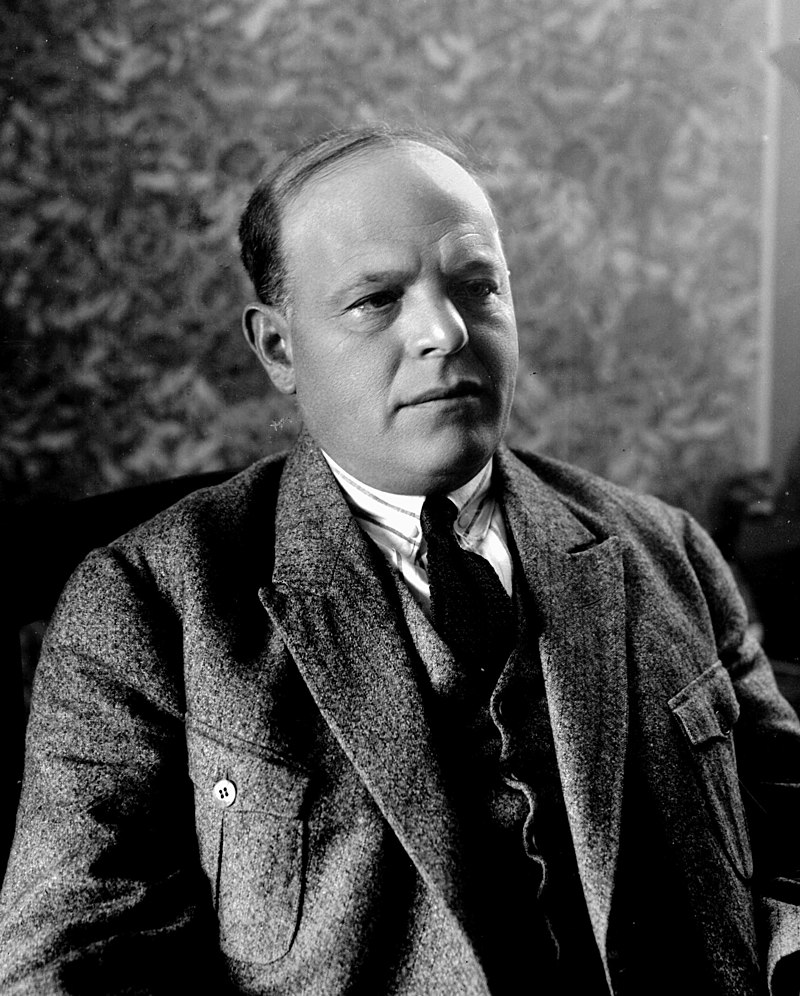4th June 2021 – Shabbat is almost here
And today we will listen to the voice of Bracha Tzfira, in a work with the music by who was her husband, Nahum Nardi, and the lyrics by Hayyim Nachman Bialik. A podium trio!
 Hello, how are you? I hope well! I am having a super busy week with the European Forum of Music, that is still going on. And, do you know what else is going on? The Jødisk Kulturfestival in Copenhagen!
Hello, how are you? I hope well! I am having a super busy week with the European Forum of Music, that is still going on. And, do you know what else is going on? The Jødisk Kulturfestival in Copenhagen!
 Jette and Jacob advised me and it is such a great news that they are been able to make the festival, in real life, in flesh and bone!!! Check what is going on in their website. The program continues until next Sunday. I hope to be able to share this in person the next year! All the best for the festival!!!
Jette and Jacob advised me and it is such a great news that they are been able to make the festival, in real life, in flesh and bone!!! Check what is going on in their website. The program continues until next Sunday. I hope to be able to share this in person the next year! All the best for the festival!!!
If you are not lucky to be able to attend, don’t worry. Find below some outstanding music and thrilling stories!
| Share the joy of music and learning with your beloved ones. Share MBS. Thank you in advance. |
| Share this with a friend, right from here |
About Bracha Tzfira

- Bracha Zefira was born in Jerusalem in 1910. Her father emmigrated from Yemen in 1887, and settled in the then Yemenite neighborhood of Nahalat Tsvi, in Jerusalem, and married Na’ama Amrani, Bracha Zefira’s mother.
- Her parents died very early and she grew up first in the Bukharan Quarter of Jerusalem and later in a neighborhood of Sephardic Jews from Salonika. Over there, the melodies influenced her. She got in touch with Bialik’s poems, that she would take with her along her life.
- “Jehoash Hirshberg, in his article about Zefira, emphasizes this point, and writes about the ideological role of Zefira singing her songs, in that it helped expose the traditions of different ethnic groups to each other”.
- Her teachers recognized her talent soon and she was motivated to deepen into the music studies. She moved to Berlin to study, in 1929.
- There in Berlin she met Nahum Nardi. “That very evening … I begged him to sit at the piano and play the songs I would sing to him, and try to improvise an accompaniment. I sang Bialik’s “Yesh Li Gan” […] His playing and the simple harmonies electrified me. I felt that the song had taken on new sounds …” That same year, Zefira and Nardi began a series of concerts in Germany and other parts of Europe.
- In 1930 they returned to Palestine as recognized musicians.
- “In order to find musical material, Bracha returned to the neighborhoods she grew up in. She asked old women to sing her their songs, and she participated in local festivities. She was also helped by experts such as Yehiel Adaki who taught her songs of the Yemenite tradition, and Yitzhak Eliyahu Navon, who taught her songs from his wide Sephardic repertoire.”
- Bracha and Nahum got married in 1931 and had a daughter. They had a dispute because he didn’t want to include songs by other composers in their concerts. They divorced in 1939. She continued working.

- After that, she worked with several composers and continuously collected songs. She said that her repertoire included over 400 songs.
- “In 1940 Zefira met Ben-Ami Zilber, a violinist in the Palestine Symphony Orchestra. They were married, and in 1943 had a son, Ariel Zilber”. Ariel became a musician too, playing rock music.
- She died in 1990. A street in Jerusalem is named after her (see picture below)
- “Thanks to Zefira, melodies of various communities were adapted into Hebrew songs, like Bukharan (Ets Harimon) or Persian (Mahol Parsi). Additionally, Zefira would sing folk songs in their original language, like Ladino, and songs containing original music by various contemporary composers.”
- “Zefira was a pioneer of singers from oriental origin who studied the European vocal technique; her followers included Naomi Tsuri and Hanna Ahroni.”
This is Bracha Tzfira street in Jerusalem, in Google Maps Street View ?

In this video they perform the Song of Work and Labor, with lyrics by Bialik too.
About Hayyim Nachman Bialik

And the Jewish Virtual Library has his bio too, of which I will make a little summary:
Hayyim Nahman Bialik was born in Radi, Volhynia (Russia at that time) to a traditional Jewish family, in 1873). Bialik studied at a yeshiva and in his late teens, he got interested in the Enlightenment movement. He settled in Odessa at his 18, and became active in Jewish literary circles. He became a teacher. In 1901 his first collection of poetry appeared and was greeted with much acclaim. Over the next three years he wrote a considerable number of works. Commentators say that this was his golden period.
He moved to Berlin in 1921, where he founded the Dvir publishing house. He moved the company to Tel Aviv in 1924 and devoted himself to cultural activities and public affairs. During his lifetime, he was called the “national poet,” a title that has remained to this day.
About the music piece Yesh Li Gan
“I have a garden and a well too,
And a bucket hangs over the well;
Every Sabbath my beloved comes,
To drink pure water from my jug.”
This suggesting text is the beginning of the poem Yesh Li Gan. Click here for the continuation. In the book “Discovering Jewish Music”, by Marsha Bryan Edelman (the previous link is to that book), she explains:
“Upon her return to Palestine in 1930, Zefira resolved to make the melodies of her childhood accessible to a wider (Western) public by performing them with accompaniment. Her husband Nahum Nardi (1901-1977) was a talented pianist and composer who set many of her recollected Oriental songs to Western-style arrangements. The words to some of the songs, however, represented a problem: In some cases, Zefira simply did not remember the complete texts. In others, she felt that the original, liturgical passages were not appropriate for concert performance. Interestingly, in casting about for substitute lyrics for several songs, she settled on verses by Chaim Nachman Bialik. His Ashkenazically accented poetry would not have seemed an obvious choice to suit her florid Oriental melodies, yet the collaboration between Nardi and Zefira made their settings of “Yesh Li Gan” (I Have a Garden) and other Bialik poems quite popular.”
Click the picture to listen to Yesh Li Gan (I have a garden) sung by Bracha Tzfira, played and composed by Nahum Nardi, with lyrics by Hayyim Nachman Bialik:
| Share this with a friend, right from here |
